Blog
View a sample of The Springboard Curriculum. Inclusive Special Education in the Early Years and Key Stage 1 here.

Physical and Sensory Development
Children with severe, complex and profound special educational needs have a range of physical and sensory abilities and difficulties related to neurological impairments or neurodevelopmental differences. For young children with severe and complex special educational needs, physical and sensory development is important. As well as developing their gross and fine motor and mobility skills, movement activities are also particularly important for children’s emotional regulation.
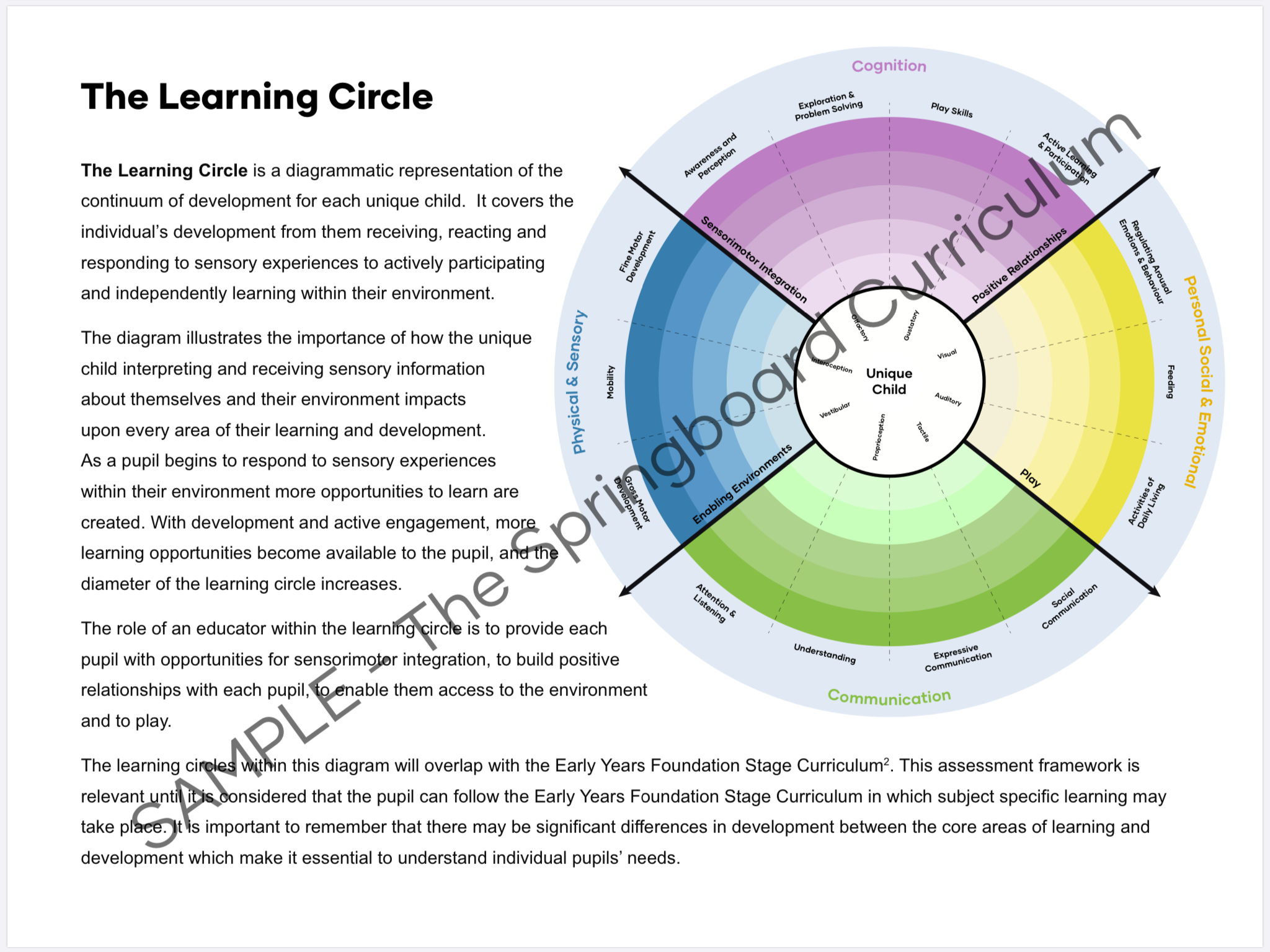
Assessment
As educators, we want out pupils to reach their maximum potential and we want to provide them with opportunities to develop skills that are important for life-long learning. In special educational needs, we need to be really aware of small but significant steps to learning. There is often pressure to write specific learning outcomes for each child during every session throughout the day. Not only is this time consuming (we’ve all done it) but it can also mean that you miss really valuable teaching and learning opportunities.

Classroom Resources: Paddling Pool
We have a number of classroom resources which we use very frequently and can be used in a range of ways within different activities. A paddling pool is a great, flexible alternative to a ball pool.


Play & Playfulness.
What is it and why is play and playfulness important? Play supports the development of lifelong skills. An individual’s playfulness impacts upon their ability to form relationships, develop self competence, self-esteem, resilience and coping throughout life.

Classroom Resources: UV Light
We have a number of classroom resources which we use very frequently and can be used in a range of ways within different activities. The UV light is a favourite for inspiring play!
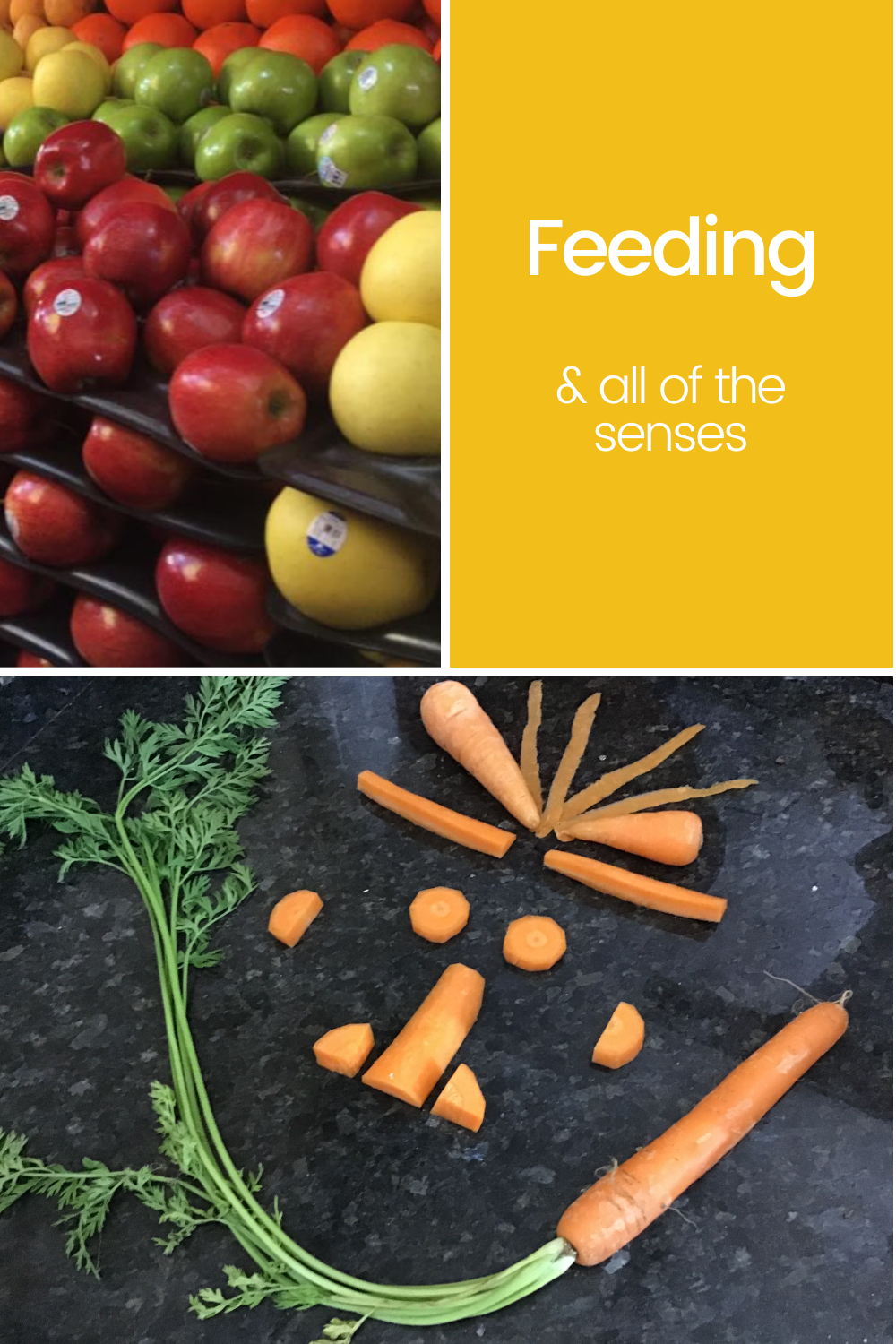

Switch-Accessible Play: Developing Skills
By ensuring that educators understand the development of play with switch-accessible toys and appliances, from the earliest level of noticing and responding to sensory stimuli to children using two switches to turn appliances on and off with understanding, these activities can be adjusted within the classroom to provide opportunities for learning at a range of levels.
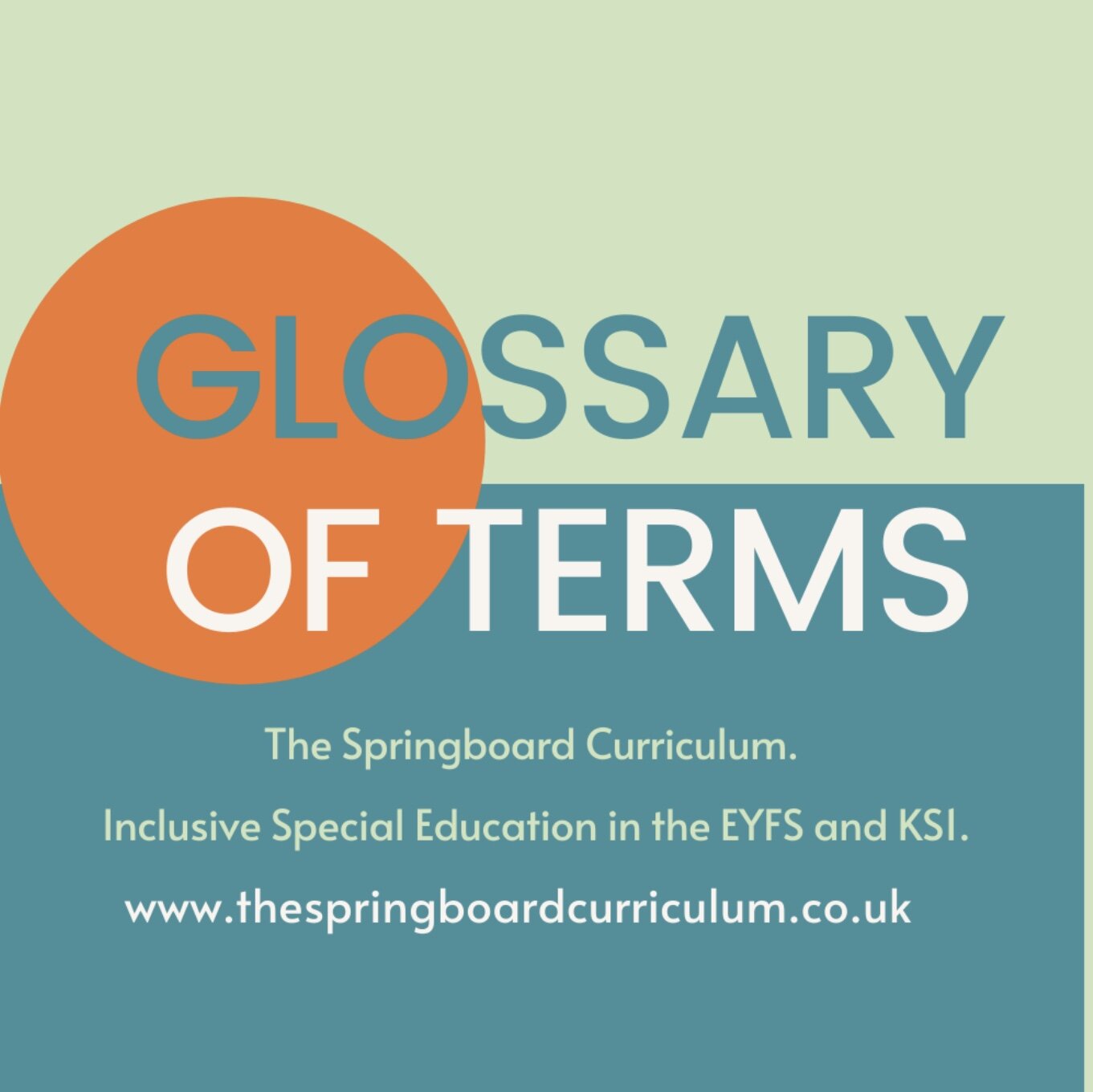
Glossary of Terms.
There is so much terminology used by educators working with children with severe, complex and profound learning needs that it needs defining so that it is interpreted correctly. The definitions below is terminology used within The Springboard Curriculum and The Springboard Curriculum: Assessment Framework. We will be adding to this glossary of terms over time.

Storytelling to Inspire Food Play
Stories can provide lots of inspiration for food fun. Children with severe, complex and profound special educational needs can find feeding challenging. Educators can use playful interactions to break down these barriers and make food fun!

Planning - Valentine’s Day
Planning for play and learning through play for pupils with severe, complex and profound special educational needs. Ideas and inspiration for sensory play and activities that support learning and development for each unique child.


Switch-Accessible Play Activities
How to incorporate switch-accessible play activities within weekly carousel play sessions for children with severe and profound learning needs.
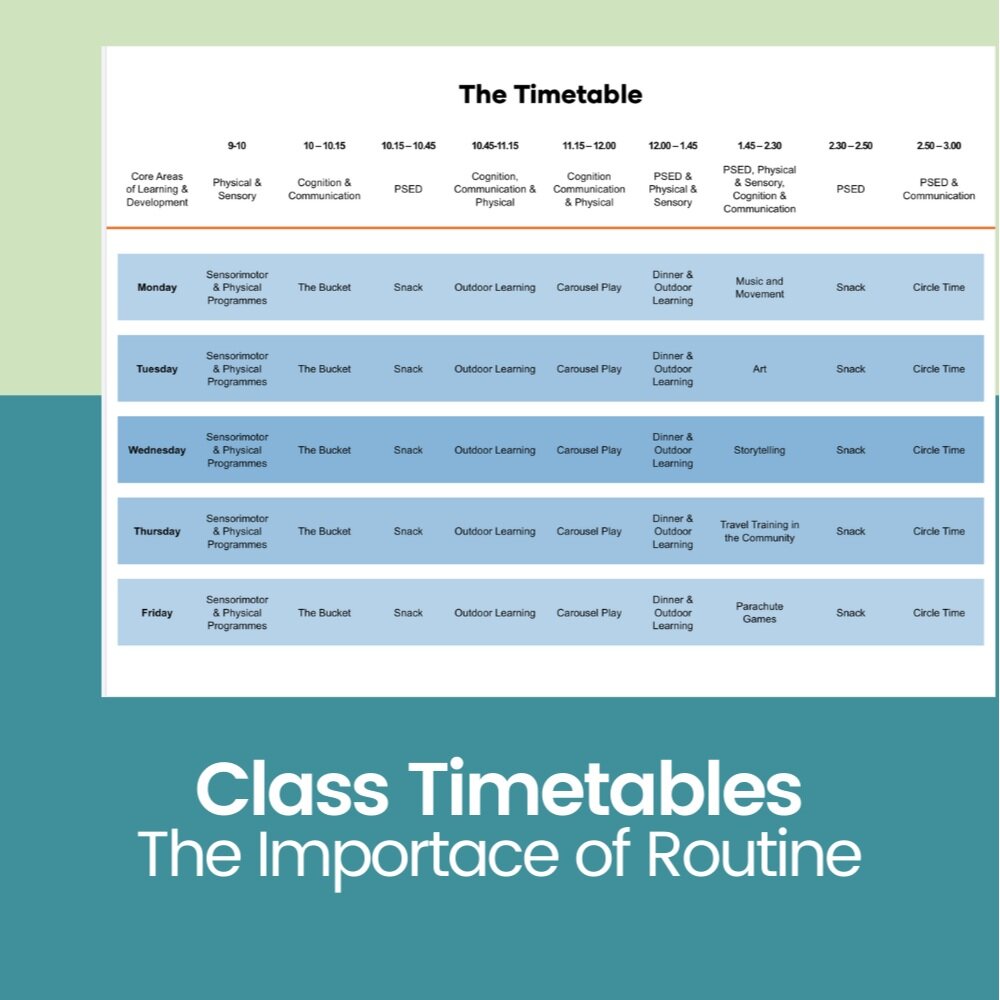
Class Timetables
Developing a class timetable to embed strong routines throughout the day to maximise pupil learning.
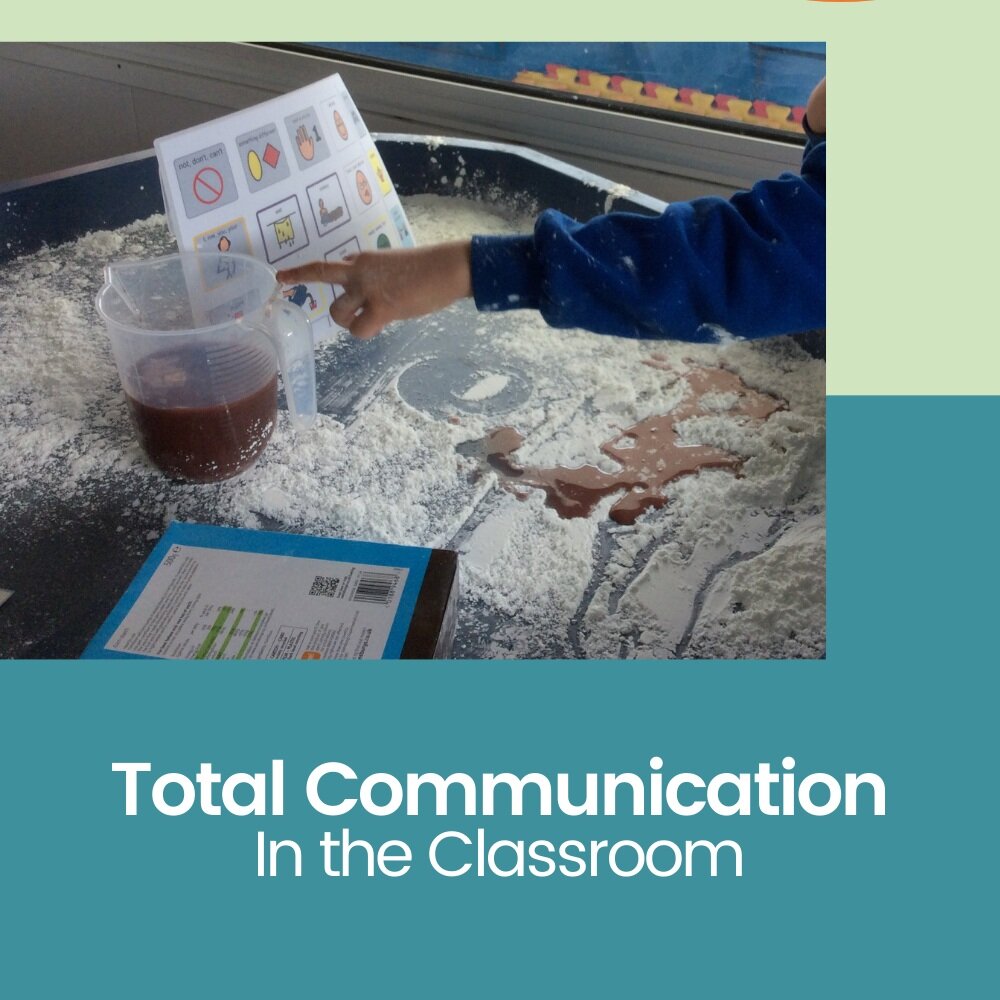
A Total Communication Environment
Why a total communication approach is important in the classroom and how to establish it.